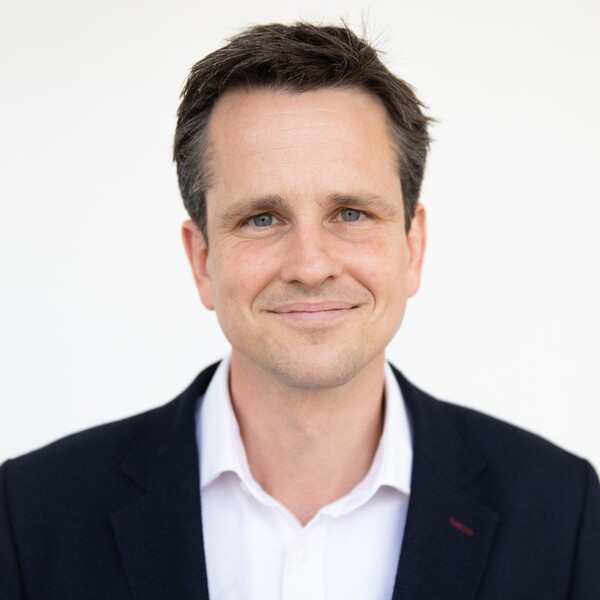Mobile Menu
- About Us
- Divisions
- Education
- Research
- Programs
- Faculty
- News & Events
- Contact Us
- Training Opportunities

Rick Gardner, Orthopaedic Surgeon, Hospital for Sick Children
Dr. Gardner’s vision is to work with other healthcare professionals across the University of Toronto to develop meaningful and lasting institutional collaborations with university public hospitals in LMICs.
He and his family returned to Toronto after 10 years in Africa: Ethiopia (2013-2020) and Zimbabwe (2020-2023), working with CURE International Children’s Hospitals. During this time, he established the first paediatric orthopaedic fellowship program in Ethiopia and supported the development of the national orthopaedic residency program. In 2020, he moved to Bulawayo, Zimbabwe to start the first paediatric orthopaedic hospital in the country. As Chief Medical Officer for CURE, he oversaw the medical work for a further 5 other hospitals in Africa and one in the Philippines.
The past 10 years taught Dr. Gardner about the great privilege of caring for vulnerable and disadvantaged children, the joy of working alongside local surgeons on national challenges and how to leverage local and international support to build capacity through education, advocacy, research, and intentional relationships.
Ongoing initiatives:
Addis Ababa, Ethiopia
Developmental dysplasia of the hip is a common condition of childhood and a significant source of disability in Ethiopia where children routinely present with one, or both, hips dislocated. With colleagues in 2 large public hospitals, Dr. Gardner and his colleagues are screening 3000 infants to understand the incidence of the condition, raise awareness and demonstrate that successful, non-operative treatment is achievable. This project that has become possible through the C-CGH Catalyst Grant. Through this program and the wider application of novel targeted screening techniques and potential public health initiatives, significant inroads should be made to reduce childhood disability in the region.
College of Surgeons of Eastern, Central and Southern Africa (COSECSA)
Since 2018, Dr. Gardner has led the paediatric orthopaedic examination for this accreditive body that oversees surgical training for 14 countries in the region.
Future plans include: supporting the development of a regional society to focus on the clinical challenges; continued educational development; international collaboration; and research and advocacy for paediatric reconstructive surgery.
To donate to the Department of Surgery’s Global Surgery fund, please fill out the form through the “Give Now” button.
*IMPORTANT* If you would like to donate to a specific Surgeon or project, please include the full details of your donation in the “Additional Information” section of the form.
Thank you for supporting the Global Surgery program at the University of Toronto’s Department of Surgery.
